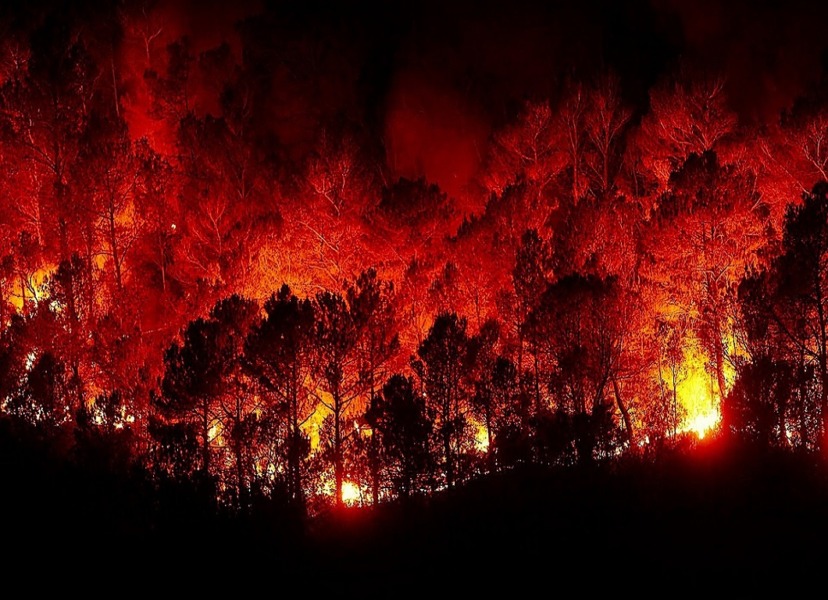Alberta Premier Declares a State of Emergency Amidst Growing Wildfires
- TDS News
- Breaking News
- Southern USA
- May 7, 2023

Alberta is facing one of its worst wildfire seasons in history, with over 100 wildfires raging across the province and destroying over 350,000 hectares of land since the beginning of the year. The situation has become so dire that Alberta Premier Danielle Smith finally declared a state of emergency, evacuating over 88,000 residents, making it the largest evacuation in Alberta’s history.
The decision to declare a state of emergency came after weeks of criticism that the Premier had been slow to act and failed to ask for help from the federal government. Many believe that the emergency declaration came too late and that the situation could have been better managed if action had been taken earlier.
Declaring a state of emergency is not an easy one, and it is clear that the Premier was hesitant to do so. Smith has been a vocal critic of the federal government and has even talked about Alberta seceding from Canada. She has embraced extreme right-wing ideologies, similar to those of Florida Governor Ron DeSantis, and has been accused of putting her pride above the needs of Albertans.
The decision to declare an emergency has been met with support and criticism. Supporters believe the move was necessary to ensure the province has access to the resources it needs to fight the wildfires. Critics argue that the decision was made too late and highlights a lack of leadership from the Premier.
One of the main criticisms of the Premier has been her reluctance to ask for help from the federal government. Under normal circumstances, provinces are responsible for dealing with disasters, but in extreme situations, they can ask for assistance from the federal government. Many have criticized the Premier for not asking for help earlier, as it would have allowed the province to access more resources and support.
The decision to declare a state of emergency means that the province can now access additional resources from the federal government, including funding, equipment, and personnel. This will be critical in fighting the wildfires and protecting the residents of Alberta. However, the decision to declare a state of emergency has also highlighted the limitations of provincial resources and the need for a coordinated national response to disasters.
The situation in Alberta highlights the need for greater investment in disaster preparedness and response. Climate change is leading to more frequent and severe weather events, and governments must be prepared to respond quickly and effectively to protect their citizens. In addition to investing in disaster response, there must also be greater investment in mitigating the effects of climate change, such as reducing greenhouse gas emissions and protecting natural ecosystems.
The wildfires in Alberta have had a devastating impact on the province’s environment and economy. The destruction of forests and wildlife habitats has long-term consequences for the region’s biodiversity and ecological health. The fires have also impacted the province’s agriculture and forestry industries, which are critical to the province’s economy.
The impact of the wildfires extends beyond Alberta and highlights the interconnectedness of our planet. The fires have released large amounts of carbon dioxide and other greenhouse gases into the atmosphere, contributing to global climate change. The fires have also created a significant amount of smoke, which has spread to neighbouring provinces and even as far as the United States.
As the wildfires in Alberta continue to ravage the province, the rest of the country is praying for a speedy end to the wildfire season and for the safety of all those affected. We hope that the Alberta Premier can see the value in asking for help from the federal government, not as a sign of weakness but as a sign of strength. It is only through collaboration and cooperation that we can effectively address the challenges posed by climate change and natural disasters. We must work together to protect our planet and our communities for generations to come.








